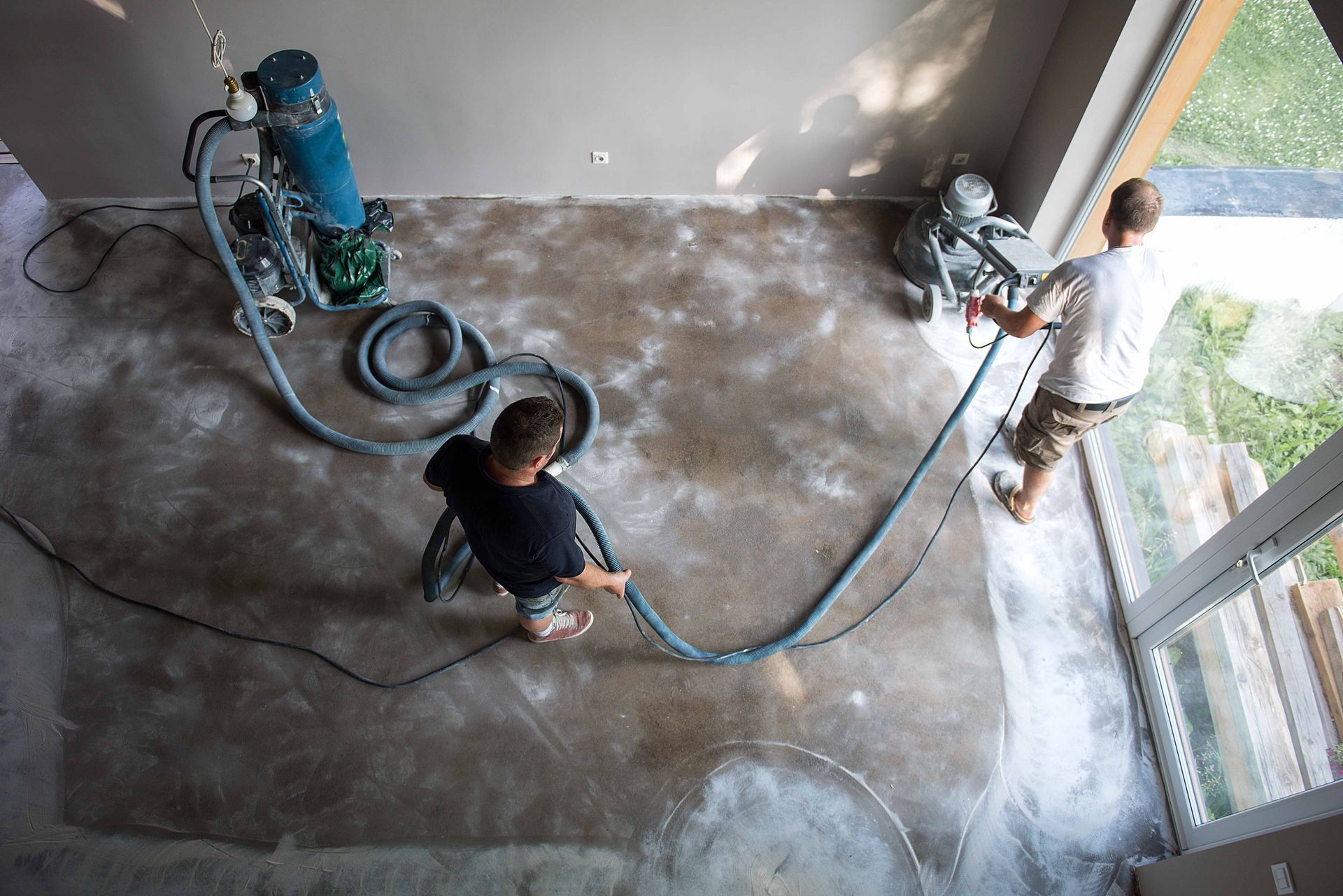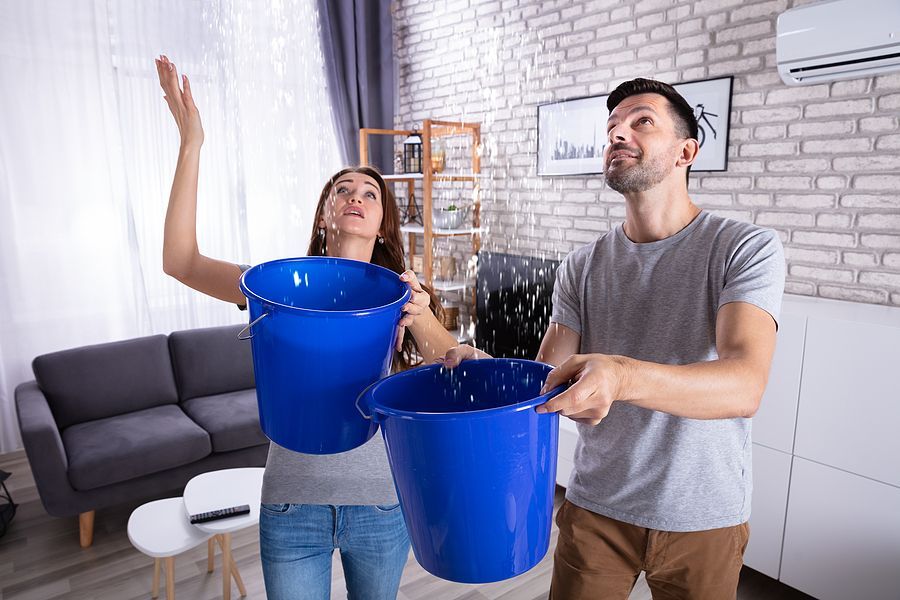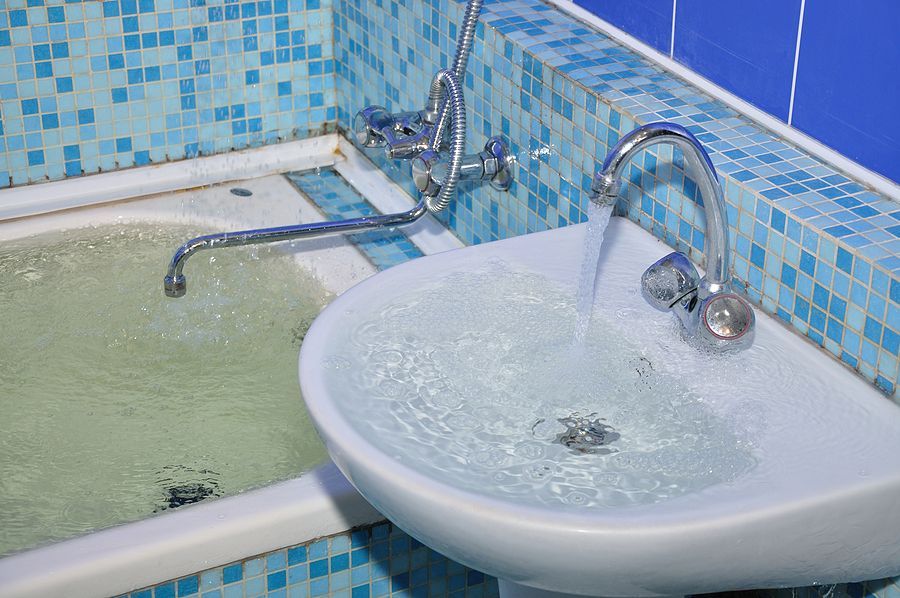Don’t get caught out by water damage in your home
Understand what Water Damage can do to your Home
Water damage is one of the most common and costly issues homeowners face. From burst pipes to leaky roofs, water can wreak havoc on your property, leading to structural issues, mould growth, and ruined belongings. We need to understand the causes and signs of water damage if we want to protect our properties effectively.
Common causes include plumbing failures, such as a broken pipe or malfunctioning appliance, which can release gallons of water in minutes. The weather patterns that are now emerging due to climate change increase the likelihood of natural disasters like floods or heavy storms which can overwhelm drainage systems, allowing water to seep into basements or crawlspaces. Even small leaks, like a dripping faucet left unchecked, can cause significant damage over time by weakening walls or fostering mould apart from the accumulating cost of wasting water.
The signs of water damage aren’t always obvious. Discoloration on walls or ceilings can be a giveaway, often appearing as yellow or brown stains. Warped flooring, peeling paint, or a musty odour can also indicate hidden moisture. Mould growth, which thrives in damp environments, is a red flag that requires immediate attention as it can present a serious threat to your health over time.
The consequences of ignoring water damage are severe. Beyond cosmetic issues, water can compromise your home’s structural integrity by rotting wooden beams or corroding metal supports. Crashing through to the floor below in a filled bathtub may be something you thought you’d only see in the movies, but it can become a reality if floors are weakened enough due to water damage. Mould poses health risks, triggering allergies or respiratory problems. Financially, repairs can cost thousands, especially if damage spreads unchecked.
Homeowners should act quickly when water damage occurs. Turn off the water supply if a pipe is involved, and remove standing water with a wet/dry vacuum. Use fans and dehumidifiers to dry the area, and call a professional if the damage is extensive. It’s important to document everything for insurance claims, too, as many policies cover sudden water damage but not gradual leaks.
By staying vigilant and addressing issues early, you can minimize the impact of water damage. Regular maintenance, like checking pipes and cleaning gutters, helps prevent problems before they start. Water damage may be common, but with the right knowledge, you can keep your home safe and dry.


